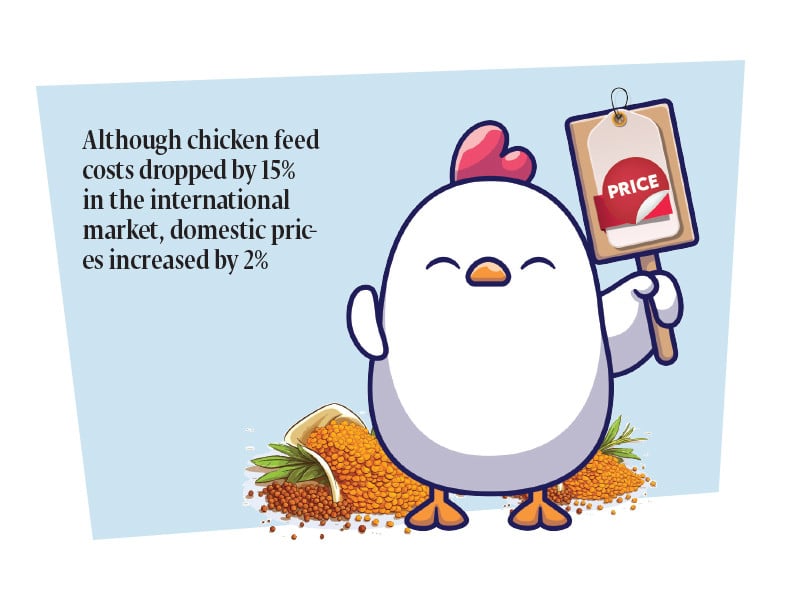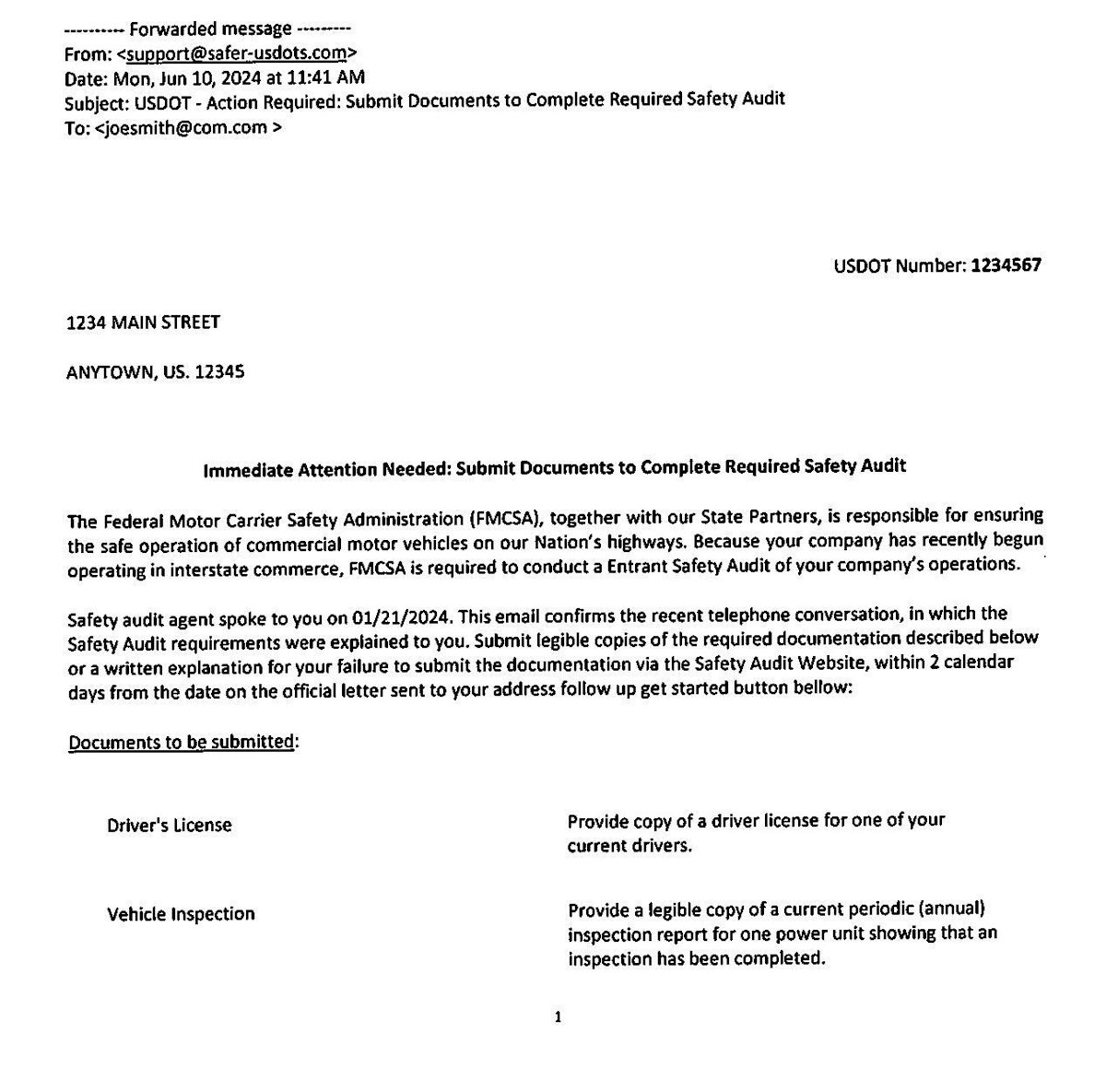ISLAMABAD:
The common people of Pakistan are still being forced to pay artificially inflated prices for pulses and chickentwo essential food itemseven though import prices have decreased, the exchange rate is stable, and transportation costs have been cut, a recent cabinet body presentation reveals.
The Ministry of Finance informed the Economic Coordination Committee (ECC) of the Cabinet this week that weak monitoring systems are a key factor behind the inflated prices of these essential food items. The issue was raised amidst an objection from a planning ministry official to the ECC’s decision to address the matter.
The secretary of food also tried to blame the high prices on import restrictionsa claim that triggered a strong response from ECC Chairman and Finance Minister Senator Muhammad Aurangzeb. The planning ministry official argued that it was the planning ministry’s responsibility to review the prices. However, the finance minister countered that the planning ministry was not hindered in fulfilling its role, yet significant price variations persisted, denying the benefits of reduced import rates to ordinary citizens.
The secretary of food had no data to substantiate his claim that prices were high due to restrictions on opening letters of credit (LCs) for imports. The ECC chairman reiterated that there were no more import restrictions. The meeting had been held two days ago.
Following the meeting, the Ministry of Finance stated, “The ECC reviewed the situation of price hikes in pulses (Gram and Mash) and chicken and expressed concern over the issue.” It directed the National Price Monitoring Committee (NPMC) to work with the Ministry of National Food Security and provincial administrations to bring immediate relief to the public.
The ECC was informed that, despite favourable conditions, the prices of chicken and pulses remained high at retail levels, depriving the common man of lower rates. For instance, chicken prices varied by Rs78 per kilogram, with the lowest price of Rs407 per kg in Lahore and the highest at Rs485 in Quetta.
Pakistan’s overall inflation rate decelerated to 7.2% in October, below the government’s 12% target for the fiscal year. A significant factor in this decrease was a reduction in food prices, yet there were substantial price variations within the food basket. The price of masoor pulse, for example, showed an Rs80 per kg variation, with the lowest price of Rs287 in Peshawar and the highest of Rs367 in Islamabad.
The price difference within cities for mash pulse was as high as Rs102 per kg, with the lowest price of Rs515 per kg in Peshawar and the highest of Rs618 in Quetta in October. A similar situation was observed for other pulses, such as moong and gram, with the price of gram differing by Rs56 per kg, the lowest in Lahore and the highest in Islamabad.
According to the finance ministry’s analysis, there was no reason behind these substantial price variations, given the reductions in transportation costs due to lower fuel prices, a stable dollar exchange rate, and decreasing international prices of these commodities. According to data, the price of gram pulses increased by only 2.7% internationally but surged 50% domestically, despite a 9% reduction in fuel prices. Last week, the Pakistan Bureau of Statistics reported that gram prices had increased 83% from last year, rising from Rs226 to Rs414 per kg.
Mash pulse prices decreased by 9% internationally, yet local prices rose by about 4%, even with a stable currency and no additional taxes. The finance ministry concluded that insufficient regulatory oversight has enabled traders to artificially inflate prices for these essential items.
The demand for gram is met through both imports and local supplies, while mash and masoor pulses are largely imported to fulfil domestic consumption needs. The situation for chicken prices mirrors that of pulses: while international chicken prices fell by 5.5%, local prices rose by about 15%. Although chicken feed costs dropped by 15% in the international market, domestic prices increased by 2%, even with a 7% appreciation of the rupee against the US dollar and a 7% decrease in transportation costs over the past year.
Following the ECC meeting, Planning Minister Ahsan Iqbal convened a National Price Monitoring Committee meeting on Tuesday. The Planning Ministry’s statement noted that Iqbal urged provincial chief secretaries to conduct regular price evaluations at the district level in collaboration with the PBS. He emphasised the importance of avoiding duplicated efforts by coordinating closely with PBS to enable data-driven decisions and effective price control.
The price monitoring committee reviewed discrepancies between wholesale and retail prices in various regions and issued a directive to create a database for chief ministers’ review, according to the planning ministry’s statement.




